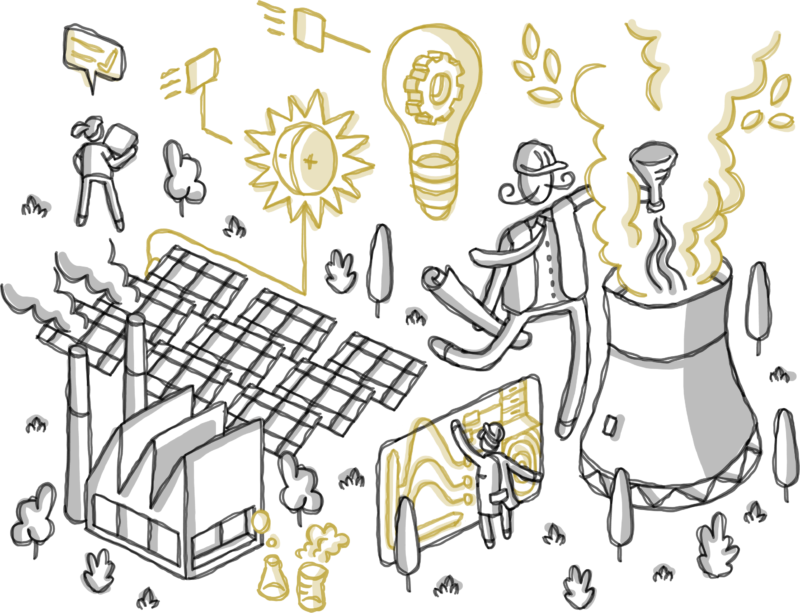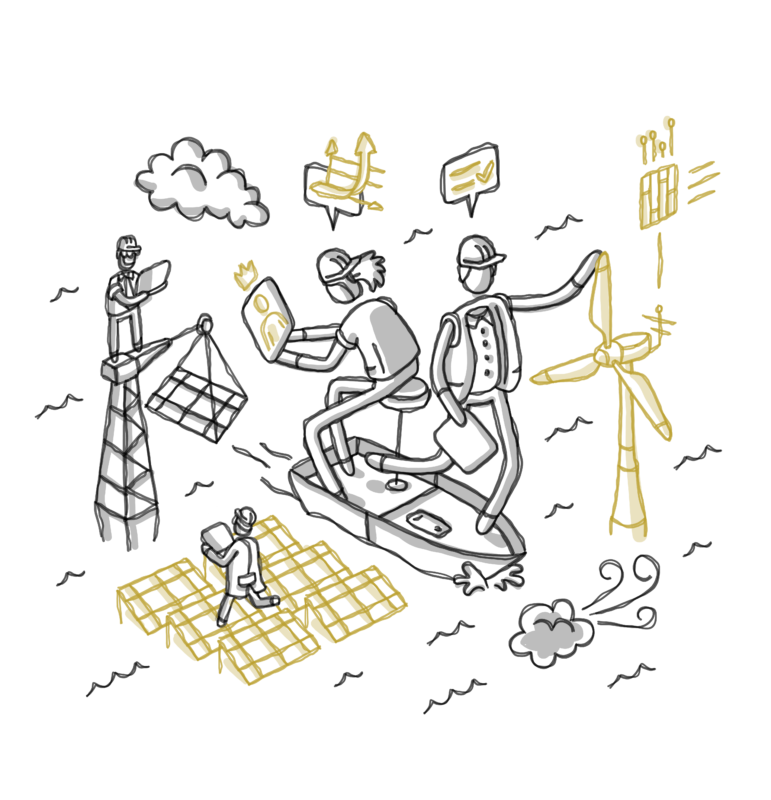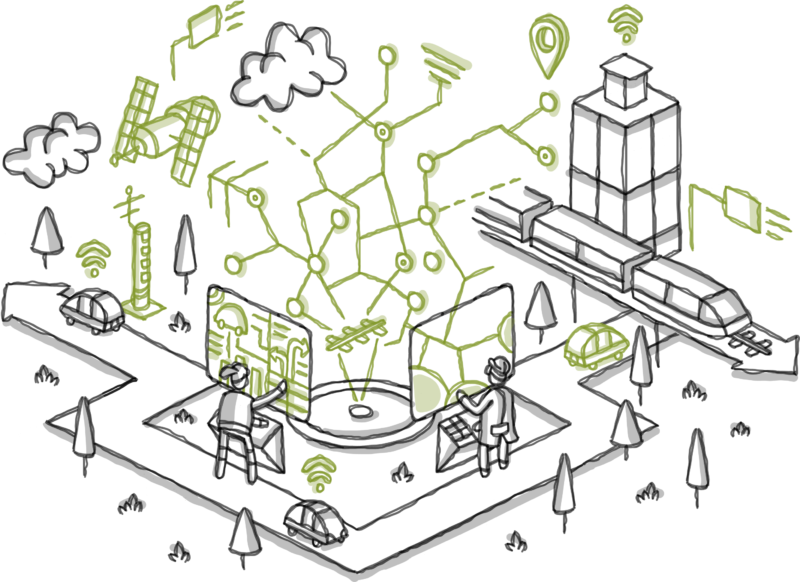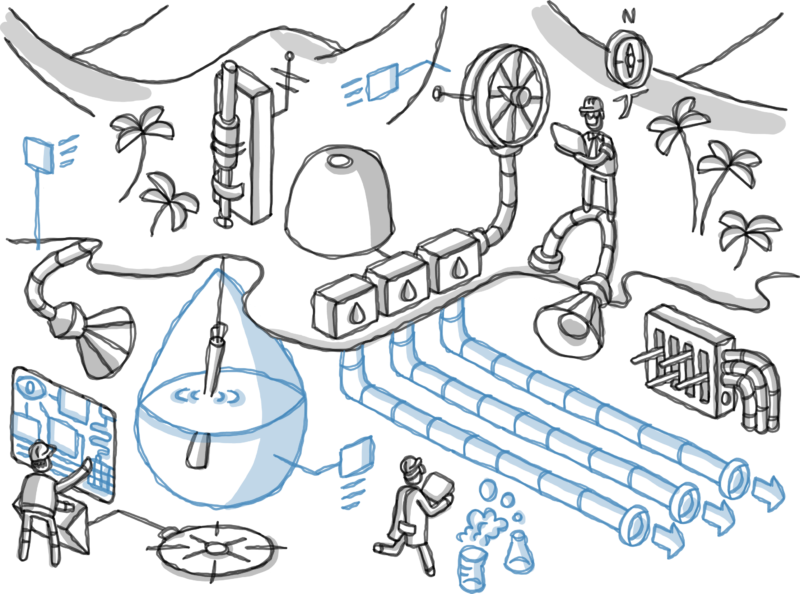


Over a billion people worldwide have no access to electricity – and therefore no access to education and communication. At the same time, global change requires existing energy systems to be made CO2-neutral and environmentally friendly. The Dornier Group supports energy producers and distributors in mastering these challenges.

In these times of transformation of the energy system and the sharp cut in conventional power generation, the Dornier Group has made it its task to develop innovative solutions using wind and sun to generate power. Among other things, we plan and implement photovoltaic systems on the water, so-called floating PV systems.

The mobility industry is set to change fundamentally as autonomous driving, connectivity and electrification of transport converge. The electric vehicle market is expanding rapidly and conservative forecasts predict a quarter of the world’s new production being made up of electrified vehicles (including hybrids) from as early as 2025. According to recent studies, a significant number of self-driving vehicles will be on the road by 2040 at the latest, while forecasts see the number of flight passengers per year more than doubling to over 8 billion worldwide.

We have set ourselves the target of enabling our customers to dismantle their nuclear facilities safely and efficiently. To this end, our holistic disposal planning covers the topics of dismantling planning and waste treatment, disposal planning, packaging planning, Radiation protection and shielding, repository documentation.
Internationally, we support our customers in the safe and efficient operation of their nuclear facilities and in the planning of new nuclear construction projects.

Access to clean water is the basis for life, prosperity and growth. More than 2 billion people worldwide have no access to drinking water. We have made it our task to enable intelligent concepts for the treatment, storage and resource management of water, and can look back on a broad spectrum of successful projects in the water sector.



